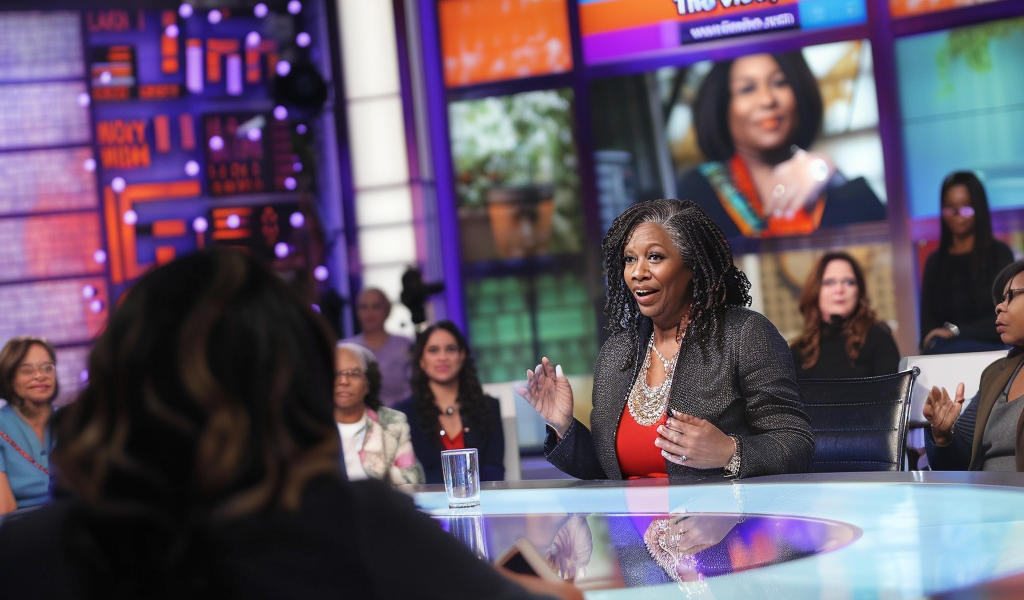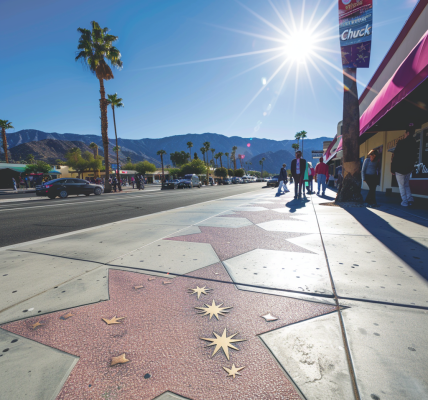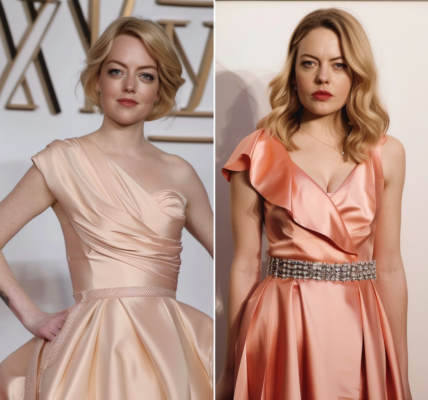In a recent episode of “The View,” Whoopi Goldberg took a stand against Joe Rogan’s misleading claims regarding the show’s past interactions with former President Donald Trump. This confrontation arose during a discussion about a recent episode of Rogan’s podcast, “The Joe Rogan Experience,” where he suggested that the hosts of “The View” had previously shown support for Trump.
Goldberg wasted no time in addressing what she termed as “fake news.” She initiated the segment by stating, “There’s a lot of fake news coming up so we’re going to clear some of it up.” The discussion quickly shifted to a clip from Rogan’s podcast, where he incorrectly stated that Trump had appeared on “The View” in 2015. Goldberg promptly corrected him, clarifying that the actual appearance took place in 2011, four years before Trump announced his candidacy for president.
“That’s the first thing they got wrong,” she emphasized, setting the record straight on the timeline of Trump’s appearances on the show.
Rogan’s assertions did not stop there. He also claimed that Trump was introduced on “The View” as “our friend.” In response, Goldberg showcased a clip from the original interview featuring then-co-host Barbara Walters referring to Trump as “my friend,” while Goldberg maintained a stoic demeanor on the couch.
Goldberg elaborated on this moment, saying, “So, Barbara was her usual polite self as she was with every guest. But did I look warm and fuzzy? Was that a warm and fuzzy welcome for him?” She acknowledged Walters’ professionalism, stating, “I respect Barbara, she said be polite to guests no matter what. And for the most part I got through it, I did it, like I do now.” This reflection highlighted the nuanced balance between professionalism and personal sentiment that Goldberg navigated during Trump’s appearance.
The most significant point of contention arose when Goldberg addressed Rogan’s assertion that the hosts of “The View” spoke about Trump in a favorable light during the 2011 interview. With a direct appeal to Rogan, she stated, “Honey, Joe. I think you missed this part.” She then played a clip from the 2011 interview where she vehemently criticized Trump’s obsession with President Barack Obama’s birth certificate.
Goldberg did not hold back in her critique, declaring, “I think that’s the biggest pile of dog mess I’ve heard in ages.” She articulated her concerns, stating, “It’s not because he’s Black? Because I’ve never heard of any white president being asked to show a birth certificate? That’s B.S.” This moment underscored Goldberg’s longstanding criticism of Trump and his approach to race and politics.
Reflecting on her past statements during the 2011 interview, Goldberg stated, “This show has allowed all kinds of people to come on, people we agree with, people we don’t agree with. I have not been a fan of [Trump’s]. I don’t like how he talks to us, I don’t like how he talks to the nation.” Her comments reveal a consistent stance against Trump’s rhetoric and policies, emphasizing her discomfort with his communication style and the implications of his statements.
Goldberg’s remarks serve as a reminder of the importance of accurate representation in media discussions. Her commitment to setting the record straight highlights the role of public figures in combating misinformation and advocating for factual discourse.
This exchange between Goldberg and Rogan has sparked conversation among viewers about the responsibility of media personalities to present accurate information, especially regarding politically charged topics. The dynamic of daytime television often contrasts with the more casual and sometimes controversial nature of podcasting, which can lead to misunderstandings and misrepresentations.
As the dialogue continues, it’s clear that Goldberg remains a formidable voice in the discussion surrounding Trump and his legacy, using her platform to challenge narratives that she believes are misleading or inaccurate. Her willingness to confront misinformation head-on demonstrates the potential for media figures to influence public perception and contribute to a more informed audience.
The impact of this exchange extends beyond just a single episode of “The View.” It opens up broader discussions about the intersection of media, politics, and public opinion, particularly in an era where misinformation can spread rapidly across various platforms. As conversations about accountability in media persist, figures like Goldberg play a crucial role in advocating for truth and transparency.
In a landscape where opinions are often polarized, Goldberg’s approach encourages viewers to critically evaluate the information presented to them and to seek out the truth amidst the noise. Her commitment to clarity and honesty sets a standard for public discourse, reminding audiences of the importance of holding media figures accountable for their statements.
As the political landscape continues to evolve, the role of media personalities like Goldberg will remain vital in shaping public understanding and navigating the complexities of contemporary issues. The ongoing dialogue surrounding Trump’s presidency and its implications for American society will undoubtedly continue to be a focal point of discussion, with Goldberg’s insights contributing to the broader narrative.
Ultimately, the exchange between Goldberg and Rogan highlights the necessity for accurate representation in media and the responsibility that comes with public platforms. As viewers engage with these discussions, they are encouraged to reflect on the sources of information they consume and the narratives that shape their understanding of current events.





